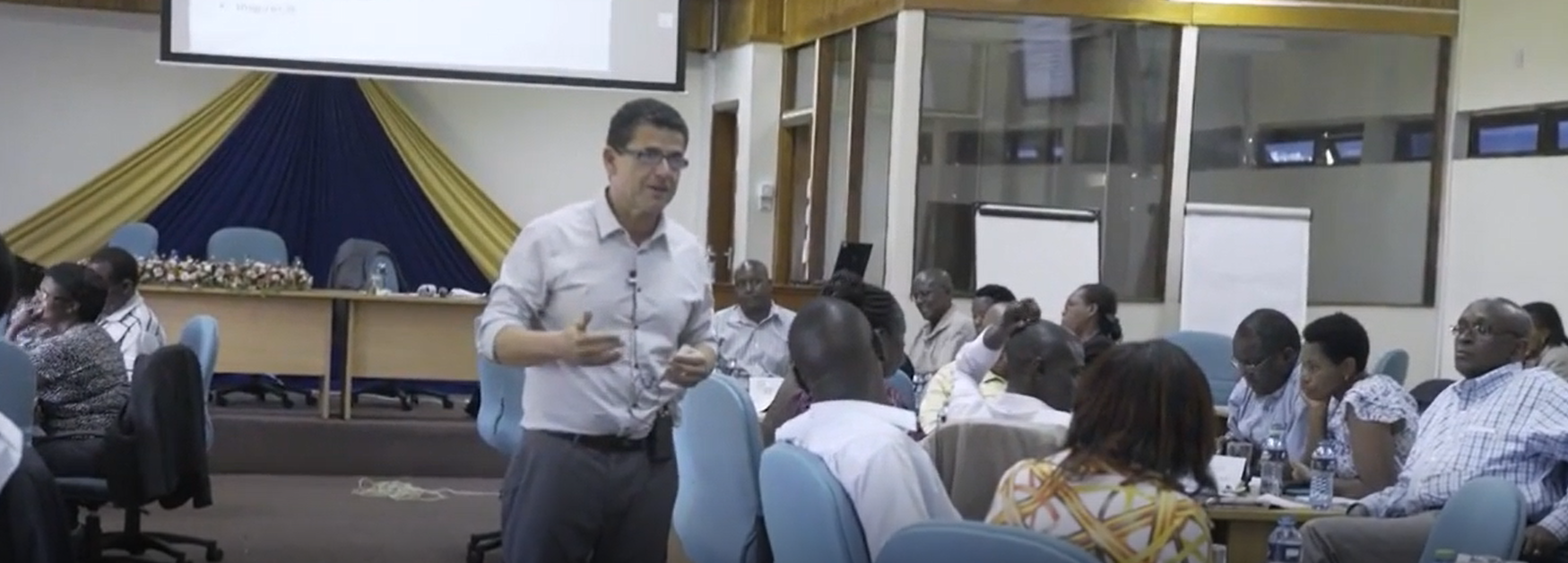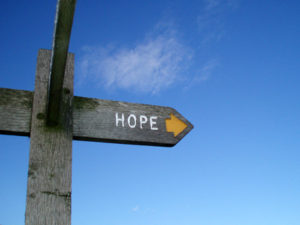Table of Contents
We all idolize change and seek for it. Change management has become a buzz word often devoid of real value and true meaning.
Change management process requires that leadership and employees move from one state of mind to another. They need to move altogether, in sync, be on the same page, where values, reasons, and purposes are shared.
It is a process of a-step-at-a-time which requires team building fundamentals to be put in place and adhered to. Therefore, it needs to be an ongoing process.
This article is inspired by several visits made to Juba-South Sudan where I conducted a Change Management Process. This was part of a Leadership Training seminar for government ministers.
About South Sudan

Africa has its problems, we all know it, but allow me here to focus just on the positive and give thumbs up to the South Sudanese. These are people who want to build a peaceful and prosperous country, and I was honored to play a small part, which was greatly appreciated.
For me to travel to such a remote part of the world was curious and challenging. I arrived at a place that had no roads, electricity, or running water, which is a cultural shock for a westerner.
South Sudan won its independence from the north less than 10 years ago. A baby in the world of nations, unfortunately, left to fend for itself without infrastructure, management or leadership experience.
This is where they needed, and still do, a change management training seminar that tackled the very core of their governance.
The change from being oppressed to freedom is dramatic, promising, hopeful, and, yet, extremely challenging.
Rife with internal conflicts, the very existence of South Sudan is threatened from within as it struggles to survive tribal division and a culture of distrust & suspicion.
I have learned from the Sudanese that freedom is challenging simply because they have always been oppressed and never had to think for themselves and make free choices.
Now they are faced with having to run a country. Quite a change!
The Leadership Training in Juba

So here I was with 100 eager professionals in the main hall of the Regency hotel in Jube. It looked more like a guarded fortress (By heavily armed UN soldiers) who latched on to my every word, in the change management process.
This, for me, turned out to be one of the most challenging, rewarding, and humbling experiences of 25 years of coaching and training around the world.
Humbling in the sense that these people never judge or negatively criticize. On the contrary, they respected the fact that someone traveled a long distance to be with them.
I suppose that not having much comfort means one is more appreciative of what they get.
The Sudanese have a naturally high level of emotional intelligence, so it was extremely gratifying.
Rewarding in that they asked great questions that could only be addressed ‘out of the box‘. This in turn contributed to an open change management process which was highly freeing.
Challenging in that many of them did not believe in their ability to make changes and need to be motivated at depth.
So What Is Change Management Process About

Well, most professionals that I have met are a little confused by the term, in the same way, that they are unsure about what strategic thinking or emotional intelligence is about.
Organizational Change Management process is about learning how to deal with new circumstances that were not encountered before and not resorting to old ways to solve new problems.
It is a step at a time process that requires unity and perseverance to making consistent small changes and adding to them every day.
The main question and challenge are:
Will the organization adapt? and, can it leverage change to a new and exciting opportunity while focusing on the bottom line of profits and the top line of organizational health at the same time?
Every Change Management training process I have ever facilitated was different and unique.
However, it is always, essentially, about learning to control the human variables that Change causes, rather than be controlled by them.
Often, change causes fear and panic, so in that case, training to think strategically and critically helps to not be affected by the short-term chaos.
Change Management Process Requires Flexibility

The Facts
Every seminar, training program, and workshop I have ever conducted was different.
In this case, I had to be responsive to the needs of Change as they were presented to me. These, very often, were extremely different from what I was asked to do by the leadership of the organization.
The Need
Despite what I was told of the challenges I was going to meet in South Sudan, the main need that faced me was to build trust & confidence in the “I can do” nature of the participants. This was challenging because they didn’t believe in themselves.
No one taught them ‘how to fish’, they have always been provided for by ‘helping’ nations!
It was obvious their feeling of inadequacy was very strong and surfaced very often. They often felt they are out of their depth.
The Solution
I had to motivate and inspire and that became the main parameter of the change management process.
The truth is that they were highly intelligent people that needed some substance. They needed a lot of confirmation of their ability to lead and not be followers.
I needed to model the seminar on their questions and then weave my answers in such a way that the information was in the context of the answers.
This is the only way that I could be responsive to their needs and to my agenda.
Many of the attendants were leaders of hundreds, and some, of thousands of people, with very little experience in leadership. And this meant that I couldn’t assume anything about what they knew.
What they clearly needed was the very basics of self-leadership and teamwork.
It was all about helping them discover and commit to the humanity, humility & persistence, which would be necessary for them to build the infrastructures of a newborn country, from scratch.
Their bloody history of captivity in North Sudan was of no value.
They had to give up the tendency to resort to violence.
Instead, learn to turn potential conflicts into a negotiation with skills.
The Thinking Coach Programs

As The Life Coach For Professionals, I have over 25 years of extensive worldwide experience in training professionals in the Change Management process.
This includes a map of soft skills such as;
- Thinking Arts,
- Leadership Skills,
- Strategic Teamwork,
- Emotional Intelligence,
- The Art of negotiation, and others.
My uniqueness is that I bring leadership experience that enables the training sessions to be lively, practical, and real.
Eli Harari
The Life Coach for Professionals™


Hi Eli,
What an amazing find for me. I was born in South Africa, and I have a big interests in emotional intelligence leadership and organizational effectiveness–for example, what leads to a non toxic organization. Have you read Daniel Goleman’s “Primal Leadership–Realizing The Power of Emotional Intelligence” ? Is your coaching related in anyway to Goleman’s work on emotional intelligence?
As for South Africa, your observations are on target. It’s not the South African way to engage in the “hard sell”. Most successful business is based on the relationship. Sometimes, much to most Americans amazement, it can take years to establish trust in the community that will result in a thriving business. Once trust is established, however, you may have customers for life.
Hello Thabo,
Thanks for your feedback, as you understood I have worked in Africa doing seminars and workshops on Emotional Intelligence and Leadership quite extensively. Yes Daniel Goleman’s book “Primal Leadership…” is one of the books recommended on my site – have a look at my list of recommended books.
Being of an international nature, I give personal coaching over Skype on Leadership and Emotional Intelligence and am in the midst of organizing a webinar on the same subject. Let me know if this is something you’d be interested in – there are many benefits in my training.
Enjoy your growing development,
Eli
This is very inspirational to read about your training in Africa. I wasn’t sure what to expect from the title of your post, but I thought I would jump in and listen. I am so glad that I did. It sounds like you touched the lives of those you worked with and they too had an impact on your life. What an awesome experience of a lifetime.
Thanks for dropping in Tara and for your comment. Indeed the experience in Africa was eye-opening and heartwarming. Certainly an experience of a lifetime I will never forget and would like to share with as many as possible.
I truly believe that this experience can be had in the US, Canada and other countries, given the opportunity I certainly will.
All the best – Eli
Pingback: Strategic Planning Can Redefine Change For You